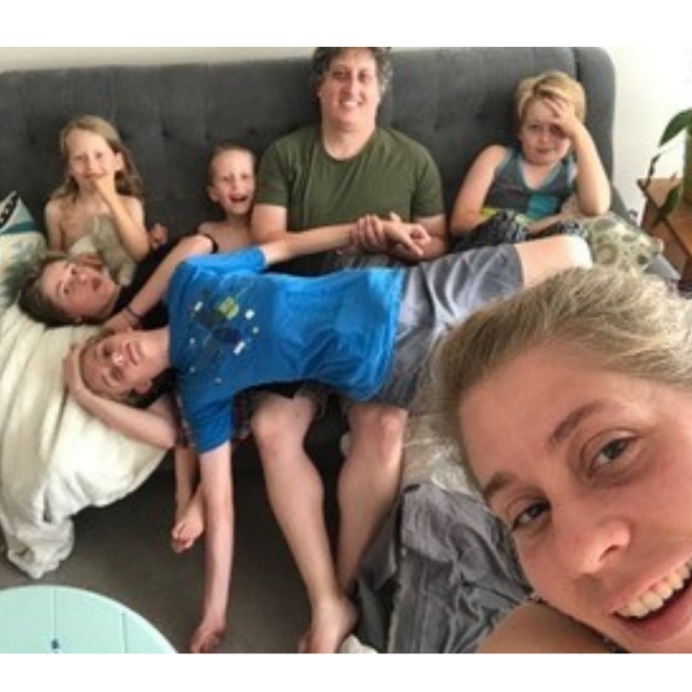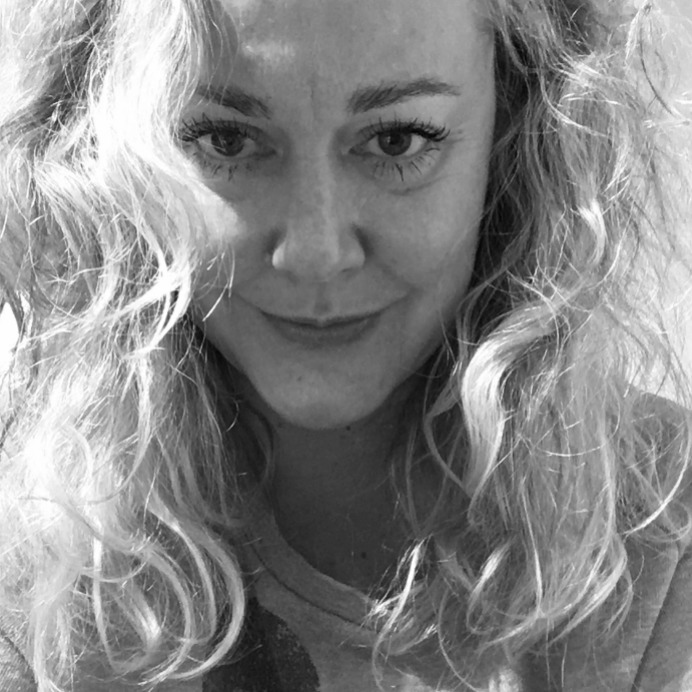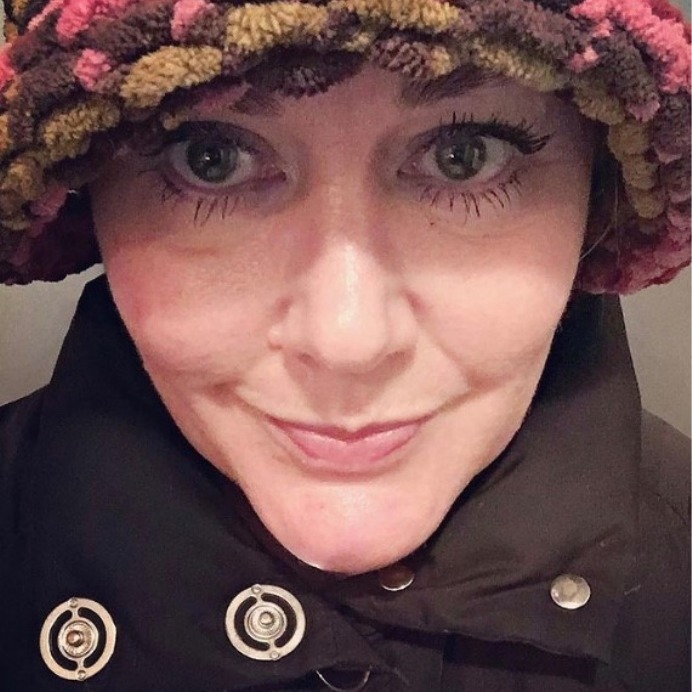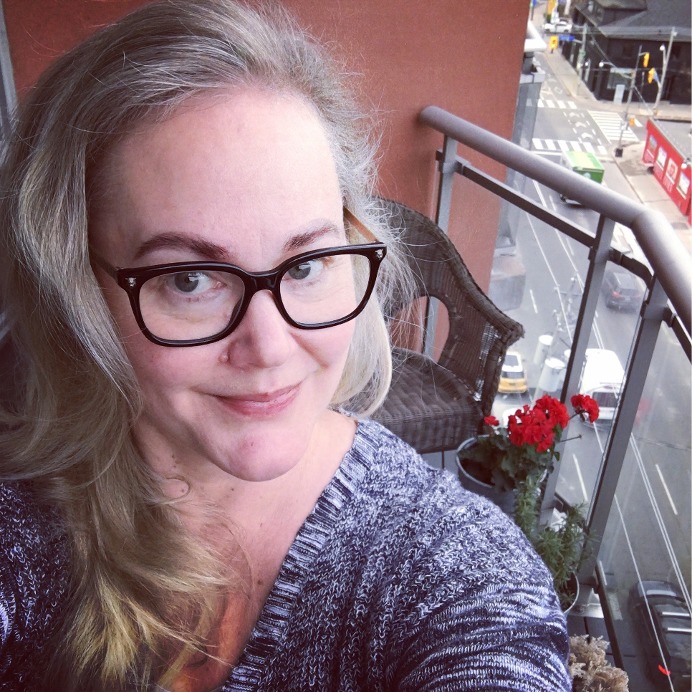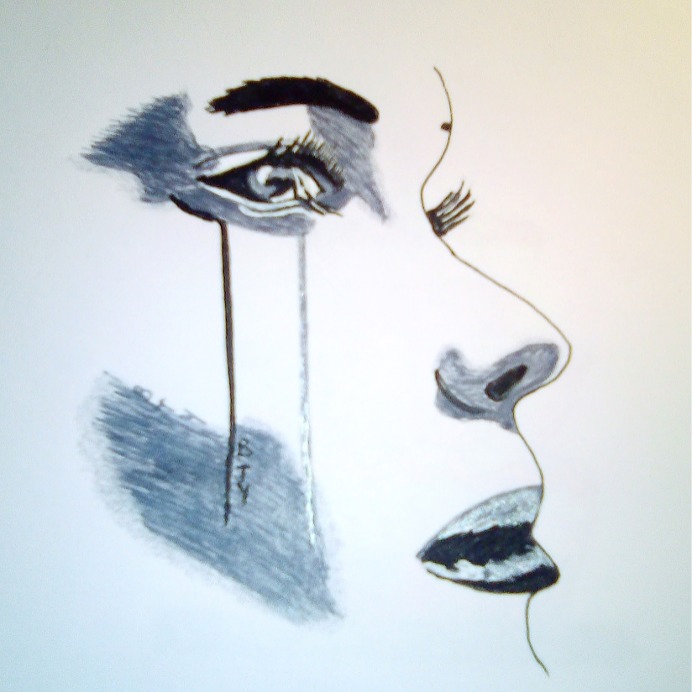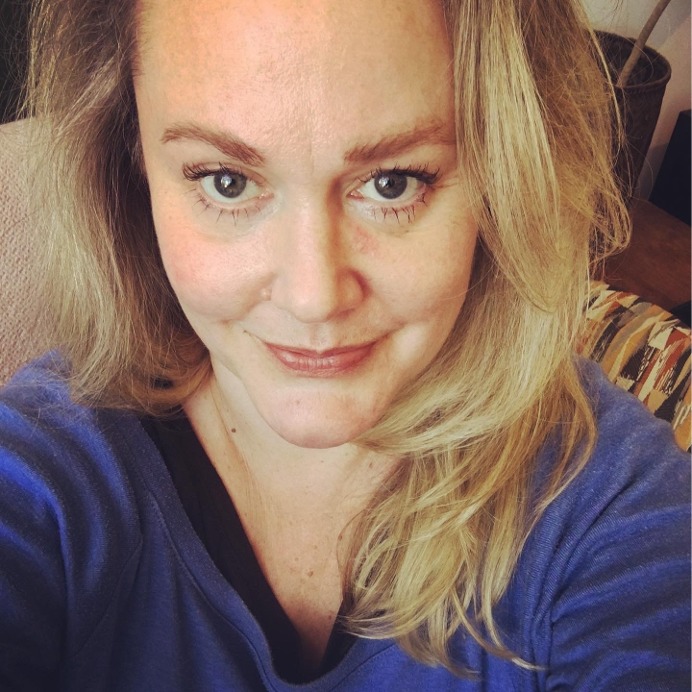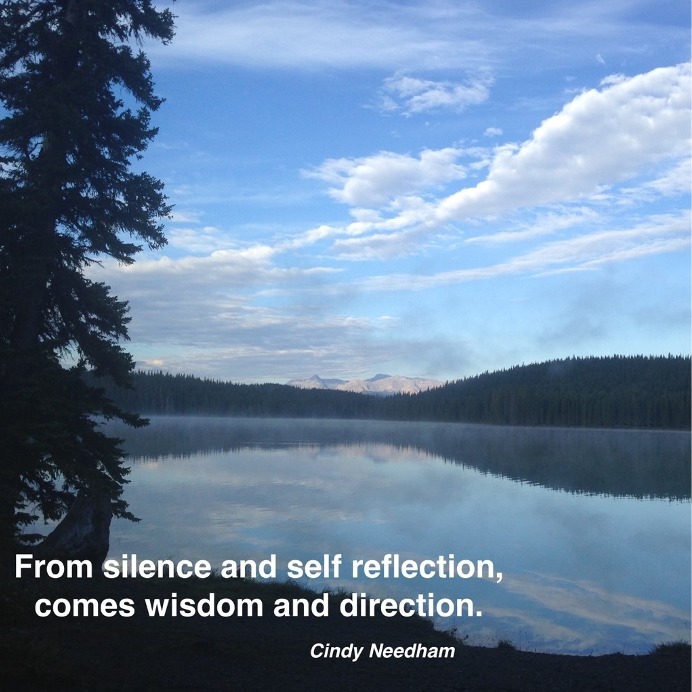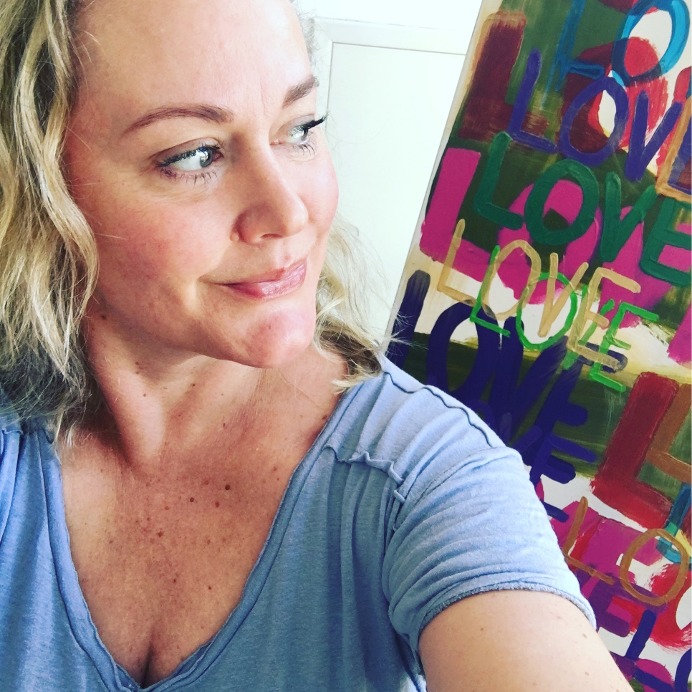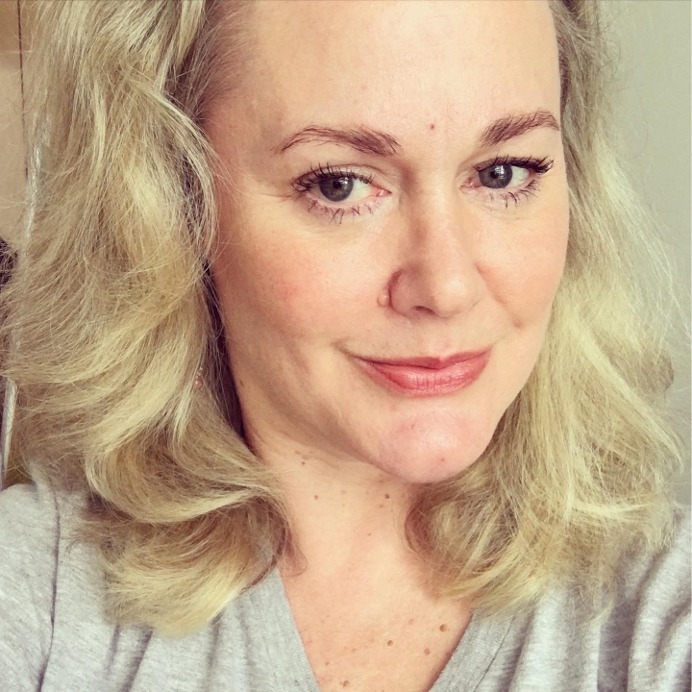By continuing to use our site, you consent to the processing of cookies, user data (location information, type and version of the OS, the type and version of the browser, the type of device and the resolution of its screen, the source of where the user came from, from which site or for what advertisement, language OS and Browser, which pages are opened and to which buttons the user presses, ip-address) for the purpose of site functioning, retargeting and statistical surveys and reviews. If you do not want your data to be processed, please leave the site.
The Voice of People With Breast Cancer
Education
Our Voices Blog
Category : Stories
Parenting in the Midst of Trauma
My oldest son is 17. Then 14, and 10- and 6-year-old twins. While I don’t claim to be any kind of parenting expert, I’ve had enough experience now to know a thing or two.
Why Tamoxifen is a Pain in my Ass and Other Bodily Infractions
Two days ago, my lower back seized and then, seemingly stuck. Never have I ever had back problems. Yet, here I am frozen with body-gripping spasms. I can’t roll over in bed, stand up straight or even wipe my bum without yelping loudly. Thank God, and I don’t say this lightly, I was able to call a friend (who suffers from chronic back pain), who called her chiropractor, who graciously booked me in at the end of his appointment-packed day.
Three Things to Know Before Your Lumpectomy
I’m a talker. I like to communicate and sometimes, okay often, I’m an over-sharer. I need to know what’s going on and why and in my version of yin and yang, I believe that because I’m an open book everyone else will be too. Except, not so much.
Making the Right Choice
Recently, after spending eight hours with abdominal pain so intense I was doubled over, I conceded to my sister Liz, who insisted a trip to the hospital was necessary and crawled downstairs, ordered an Uber, pulled a patterned facemask over my nose and mouth and went. Twelve hours, three hits of morphine and one magnetic resonance imaging (MRI) scan of my lower abdominal organs later, the emergency room doctor told me a lesion on the right side of my liver was the culprit. Based on the scans I’d had taken of my major organs prior to my breast cancer surgery, the lesion was new and potentially the result of the original tumor and/or the treatment I’d received post-operation. An ultrasound followed, revealing the lesion’s 5cm length by 5cm depth by 5cm width. A second MRI has been scheduled.
Three Sisters Fighting Cancer Together
I am a 51-year-old woman from the Loire Valley. I live near Orléans, 120 kilometres south of Paris. I grew up surrounded by women. I am the youngest of five sisters; twenty years separate me from my oldest sister and ten years separate me from the fourth one. Our mother received her breast cancer diagnosis in 1985 and at the time, cancer care was awful. My father died from a cardiac arrest in July 1986, probably caused by grief. My mother was brave and fought as much as she could, but she passed away in May of 1989 when I was 20 years old. Because of her breast cancer diagnosis, my sisters and I have closely monitored our risk of developing breast cancer.
Sexual Health and Intimacy Tips for Breast Cancer Patients
Sex may be something that isn’t frequently discussed by doctors or oncologists or even friends, but the sexual changes and adjustments you go through following a breast cancer diagnosis can be enormous for you and your partner, depending on how big a part it was in your life before diagnosis and treatments.
Breast Cancer Math
Before I was diagnosed, I rarely thought about breast cancer. When I did it was once a year, usually in June, as I was planning the line-up of pink-ribbon beauty products I wanted to feature in the upcoming October issue of FASHION, Salon, 29Secrets or whatever other magazine I was working for at the time. Other than that, it just wasn’t on my radar. No disease was really. My inner circle was healthy, well, that is if you didn’t count my mom’s dad dying of liver sclerosis from alcoholism when I was around five or my paternal grandmother passing from Alzheimer’s when I was in my early thirties.
Estro-Belly
I have been struggling with my body image these last 8 weeks. The funny thing is that it’s not with the two scars I have running across my chest. I have actually adapted well to that change, even with my right scar being lumpy and misshapen. What I have been struggling with is my weight gain thanks to Tamoxifen. Without estrogen, my mid-section is taking on the appearance of a barrel. A barrel made of pudding, with an oatmeal crust! Having always been fit and healthy, I am finding myself disturbed by this body morphing of mine.
I Had to Work During Cancer Treatment and it Sucked
I worked during my entire breast cancer treatment. I didn’t want to. I had to. I live alone. I don’t have a husband or boyfriend. I pay my bills on time and by myself. Yes, it was a choice, but it was a horrible one.
Five Ways I’m Creating Joy in My Life
It’s funny how breast cancer changed the way I feel about myself and my life. Not in a ha-ha sense, although trust me, I would like to laugh more. And not in a questioning kind of way either, although I did torture myself during the first couple of weeks after my diagnosis, looking for the answer to explain why I had breast cancer. As far as I was concerned it was because I never wore sunscreen as a kid; I drank and smoked my way through my twenties; worked 80-hour, ladder-climbing work weeks in my thirties and went through a heartbreaking divorce that left me feeling like road kill in my forties. Except that it wasn’t.

